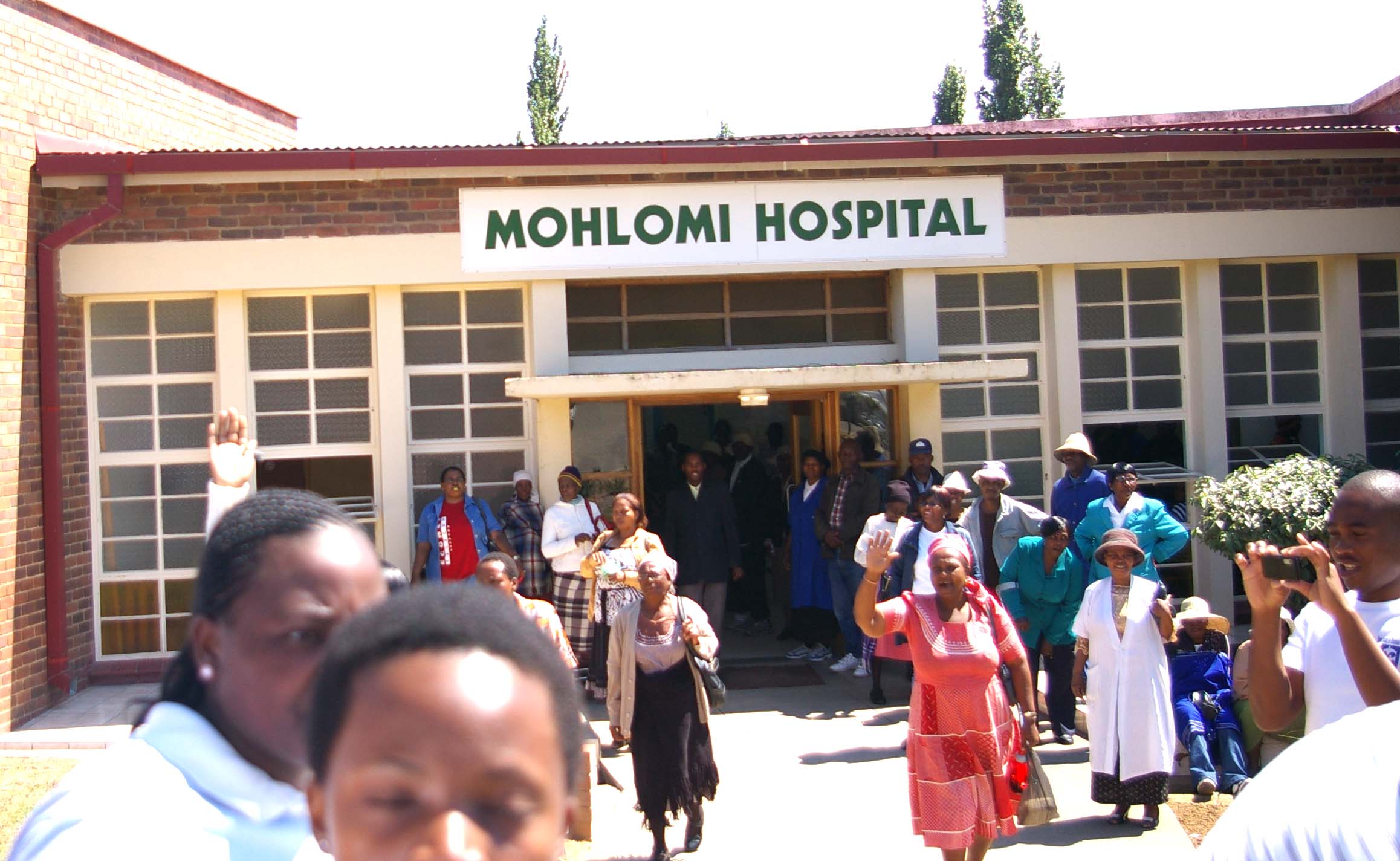Pascalinah Kabi
THE management of the Mohlomi Mental Hospital – Lesotho’s only referral mental hospital – is battling to address the overcrowding at its forensic ward which houses 46 instead of 35 patients.
The forensic ward houses patients who are judged unfit by the courts to stand trial and are sentenced to detention in hospital until their mental illness has been treated.
Lesotho opened the ward in 2010 after a government decision to have a specialised ward for offending patients abolishing a Mohale’s Hoek Prison’s section, referred to as His Majesty Pleasure Inmates.
The ward has 48 mental patients and 46 of those have already been committed to the institution by the courts while two are still under psychiatric observation. Only a detailed report of their observation will determine their fate.
However, the 46 are accommodated in a ward that was designed for 35 patients, a development which has left the Ministry of Health in panic as it looks for urgent solutions.
The ward’s observation department is designed to have five beds for patients under observation.
The Ministry of Health’s Director Mental Health, ‘Moelo Sehlabaka-Ramahlele, yesterday said they were working to solve the problem before the end of this month.
“Mohlomi Mental Hospital is the national referral hospital whose patients are transferred from the Mental and Treatment Observation Units within the ten district hospitals,” Ms Sehlabaka-Ramahlele said.
“Initially, the hospital did not have a ward for patients who committed crimes.”
She said the decision to abolish His Majesty Pleasure Inmates was taken in line with international best practices which oppose committing mentally ill offenders to correctional facilities. The Ministry of Health eventually took over the care of the patients from the Ministry Justice and Correctional Service.
Ms Sehlabaka-Ramahlele said although the ward was within the Mohlomi Mental Hospital, it was designed differently and isolated from the rest of the hospice by security fences.
It is guarded by Lesotho Correctional Service (LCS) officers in line with a Memorandum of Understanding between Ministries of Health and Justice and Correctional Service.
“In order to adhere to these international standards, the ward has 35 beds for committed patients and five beds for patients under observation and I can confirm that as of Tuesday, we had 46 committed patients and two under observation.
“I have never seen so many patients at once in that ward. This is worrying. I investigated the matter and wrote a detailed report to the Principal Secretary (Monaphathi Maraka) who is aware of this,” Ms Sehlabaka-Ramahlele said.
Mr Maraka could not be reached for comment yesterday.
She said the overcrowding had put patients at the risk of infecting each other with communicable diseases like tuberculosis as some patients are sent to the facility while unaware that they are infected.
“Disease control is therefore compromised and some patients are forced to sleep on the mattresses and that means the level of care is imperfect. We need to be careful with these patients and adhere to international best practices,” she said.
She however, said the overcrowding did not compromise the security because the LCS officers were well trained to man the ward. She said the officers were aware of issues that can trigger abnormal behaviors among patients.
Ms Sehlabaka-Ramahlele said it was impossible for the facility to send back the patients to avoid overcrowding because the ward was the only such institution in the country.
She said there was also a need to strengthen primary health care as there was acute shortage of staff in other facilities.
“This hospital is no longer serving as a referral hospital due to issues like staff shortage in other health facilities, rendering district hospitals unable to observe these patients before they are sent here,” she said.
She said the overcrowding was also an indication that mental illness was rampant in Lesotho with a lot of patients roaming the streets unaware of their condition. She said the mental illnesses are only detected when one commit a crime or start walking naked.
Ms Sehlabaka-Ramahlele said there was an urgent need to embark on health education programmes for mental health.
She said they were also targeting Village Health Workers (VHW) who would be instrumental in early detection and would quickly refer the patients to clinics before it is too late.
The VHW, she said, would also assist the patients to adhere to medication to and avoid regression.
“There is also a need to come up with laws that will address issues of mental health because some people simply regress because of hunger,” Ms Sehlabaka-Ramahlele said.

